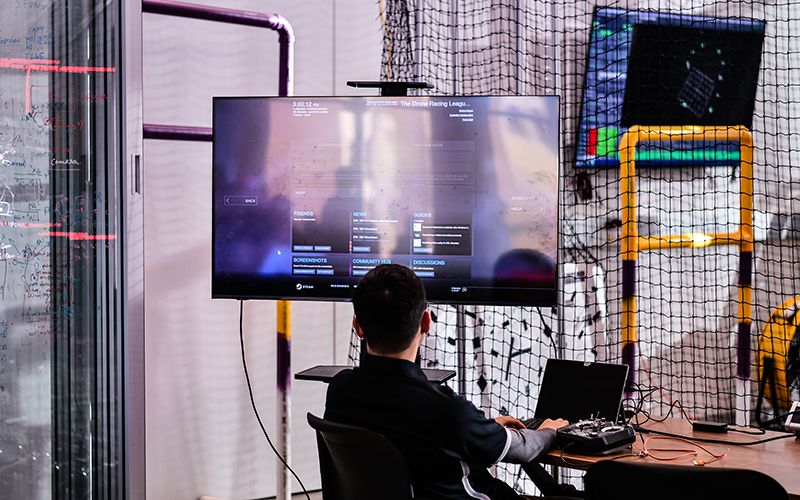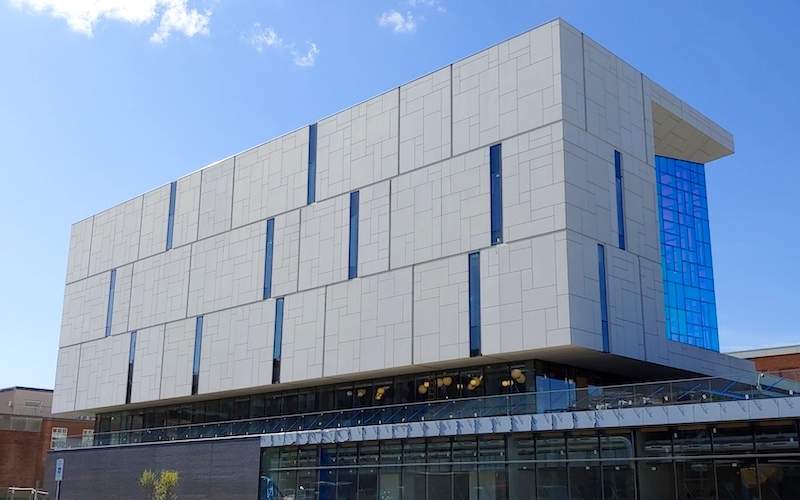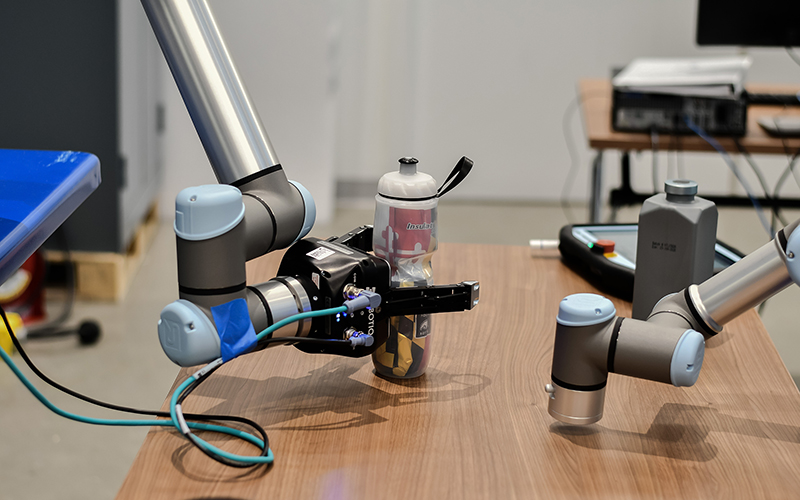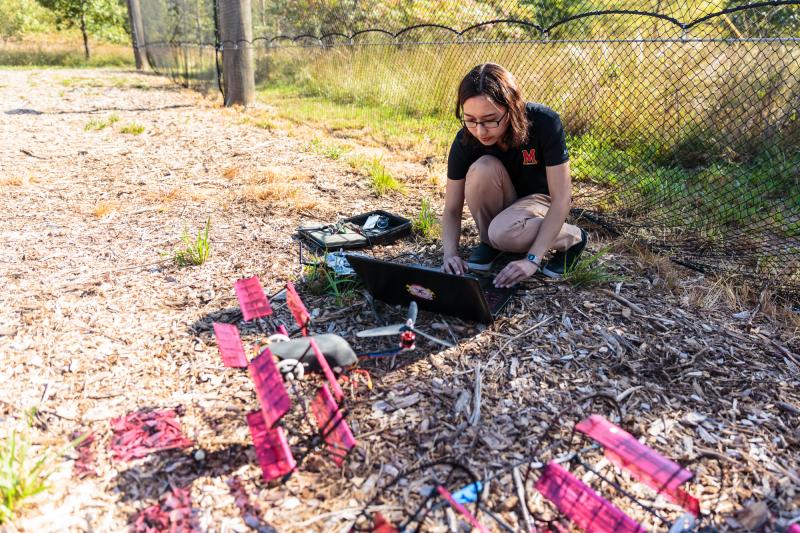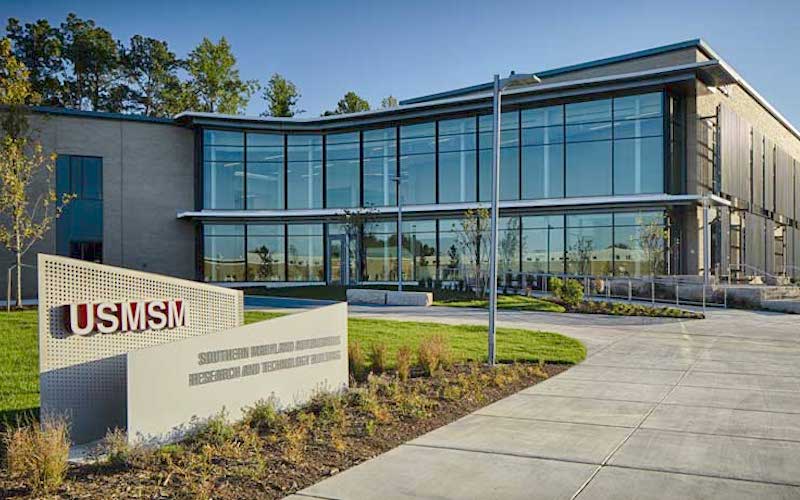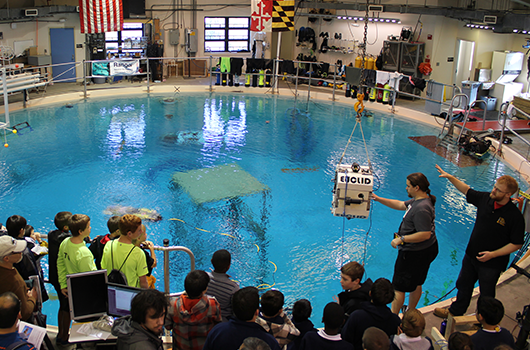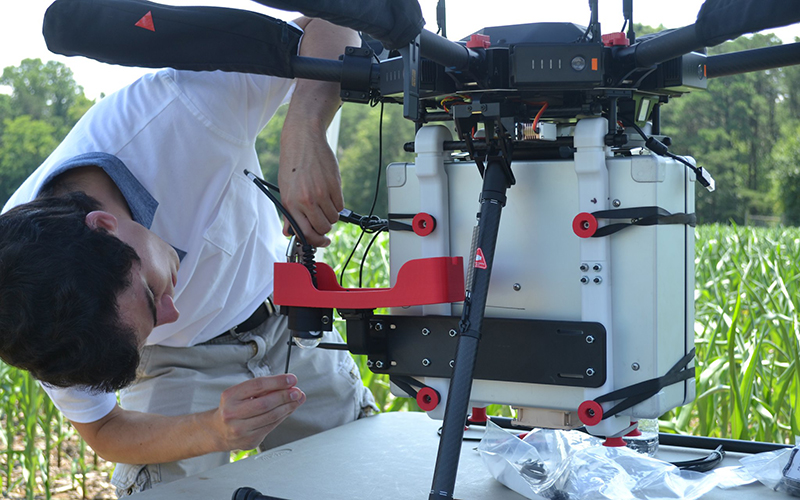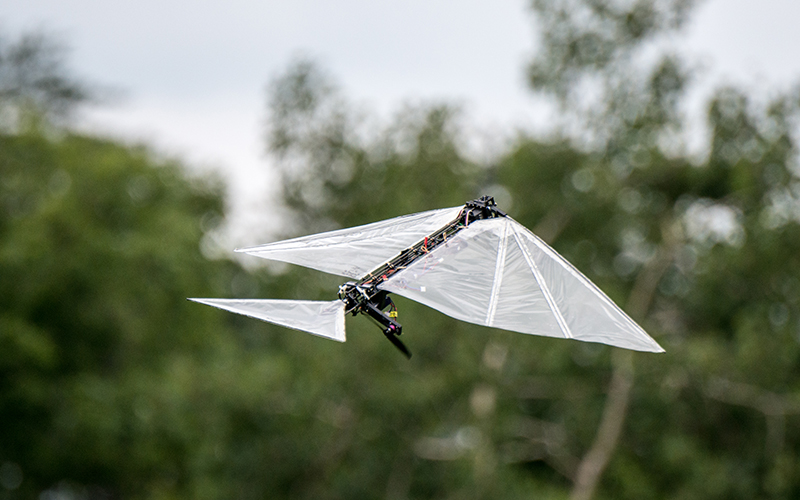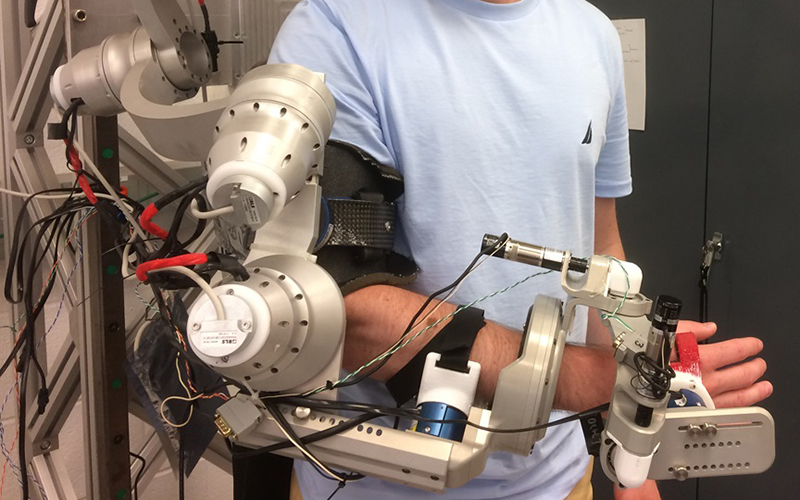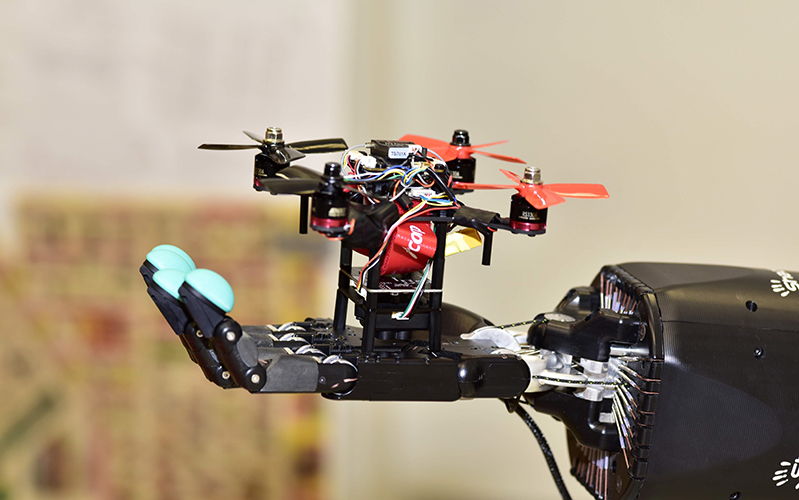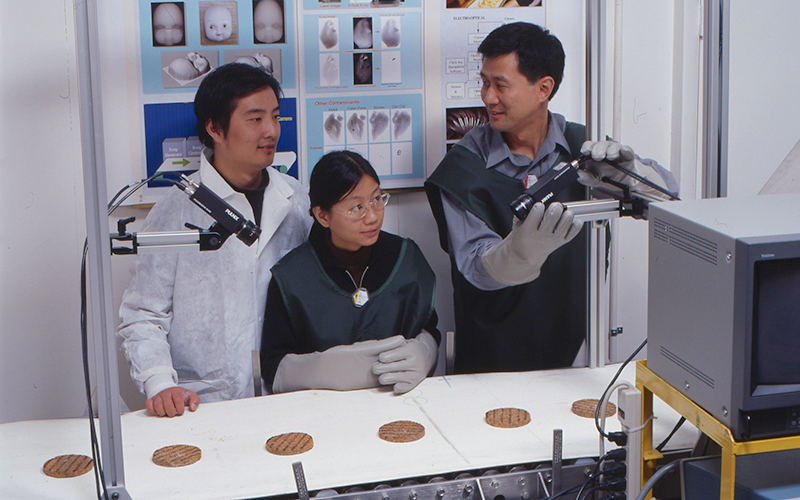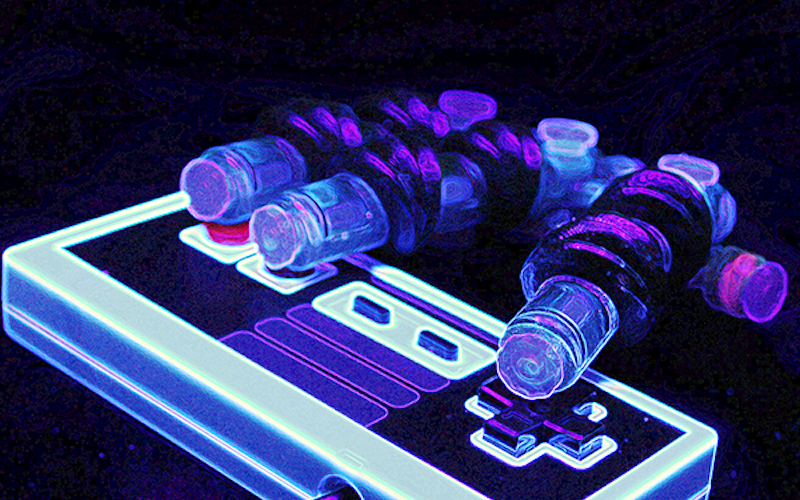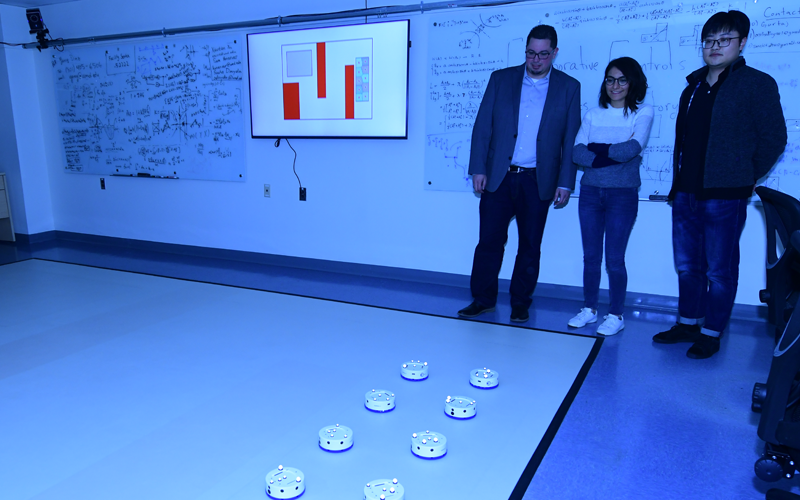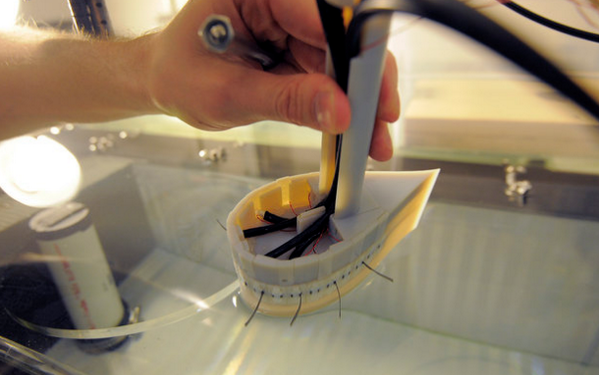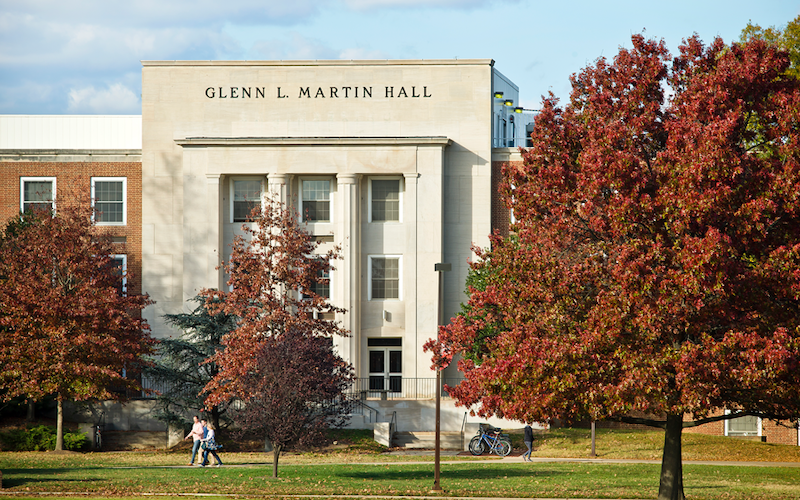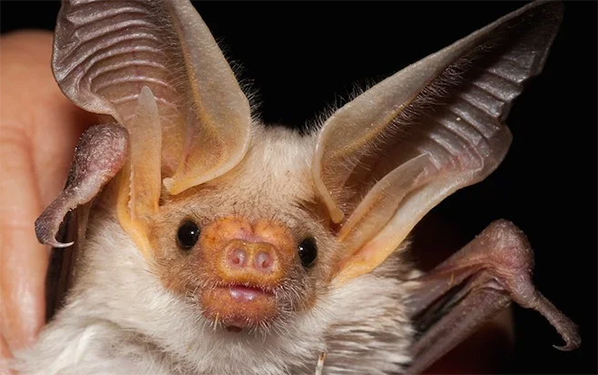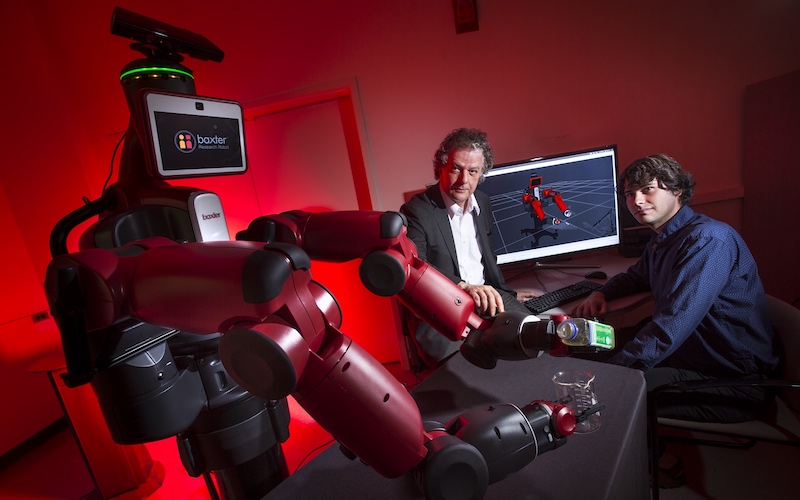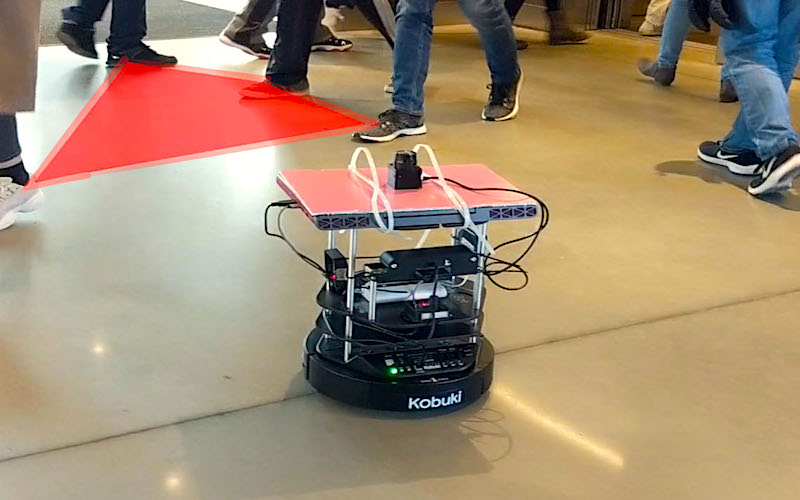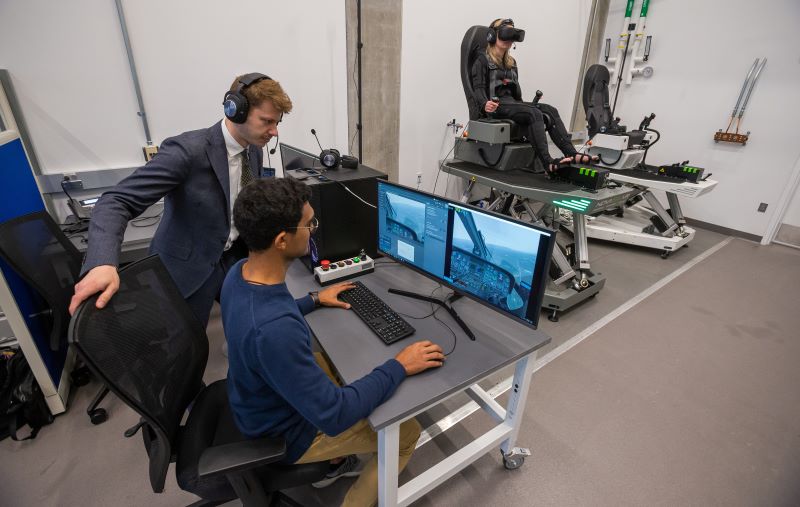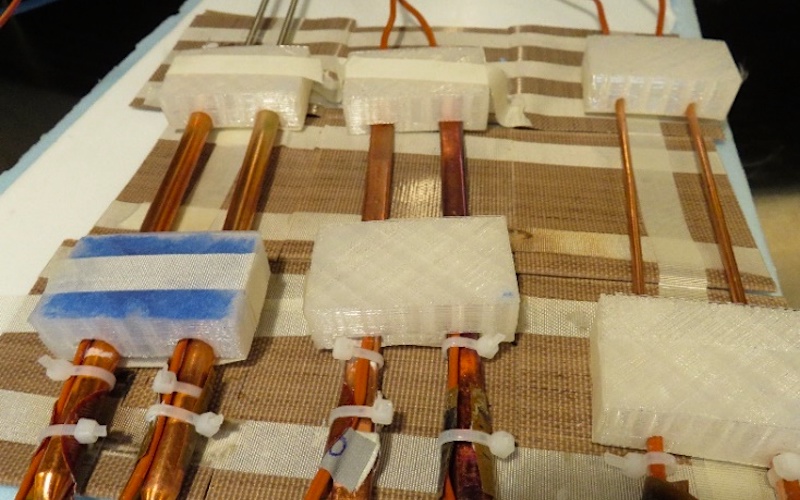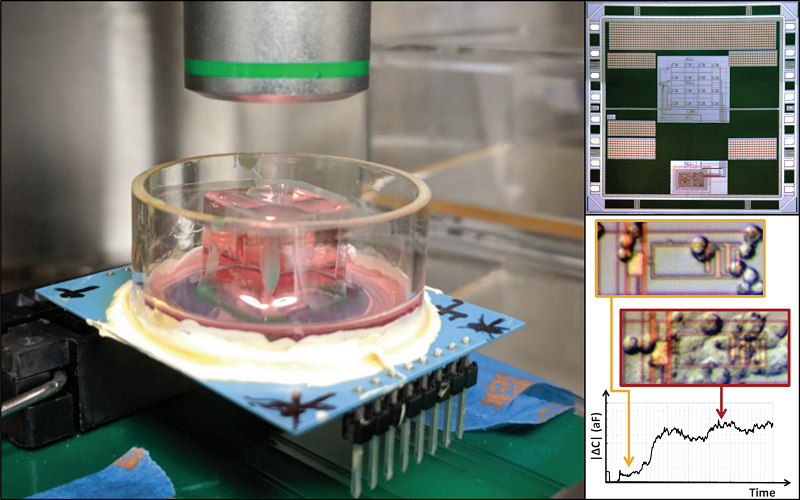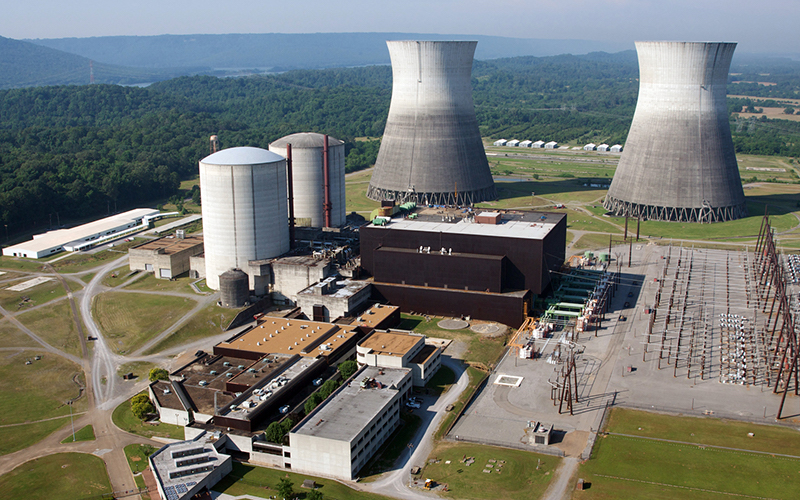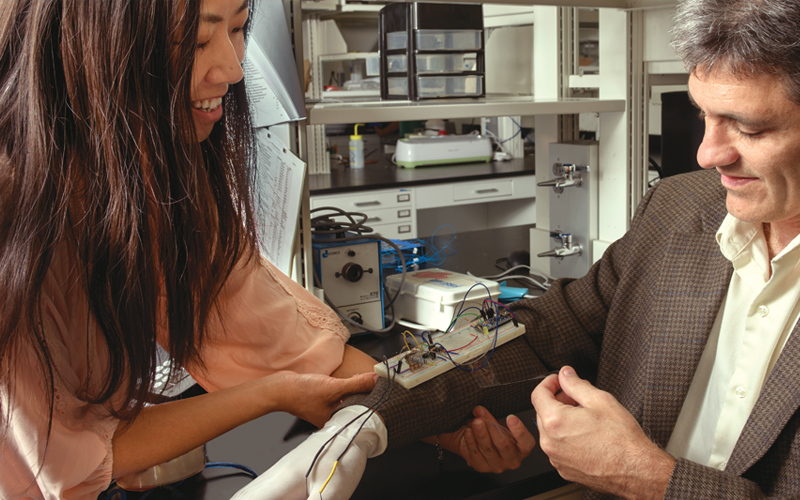Facilities
MRC faculty and affiliates preparing proposals: click here for a complete list of MRC facilities useful for inclusion in a proposal.
Orientation for new MRC users and training on MRC equipment is available. Please submit your requests to the Lab Manager at ipenskiy@umd.edu.
MRC Lab Materials & Equipment Request Form: Please log in to your UMD account before completing this form. Your input is valuable in helping us identify and prioritize new equipment needs.
MRC Facilities
Brin Family Aerial Robotics Lab
Robotics and Autonomy Laboratory
Robotics Manipulator Lab
Affiliated Facilities
Fearless Flight Facility (F3)
Maryland Autonomous Technology Research and Innovation Xploration (MATRIX) Lab
Neutral Buoyancy Research Facility
Principal Investigator(s): David Akin
UMD UAS Research and Operations Center (UROC)
Faculty Labs
Advanced Manufacturing Laboratory (AML)
Principal Investigator(s): Hugh Bruck
Advanced Robotics Development Laboratory
Principal Investigator(s): David Akin, Craig Carignan
Autonomy Robotics Cognition Lab
Principal Investigator(s): John S. Baras, Yiannis Aloimonos, Don Perlis, Cornelia Fermüller
Bio-Imaging and Machine Vision Lab
Principal Investigator(s): Yang Tao
Bioinspired Advanced Manufacturing (BAM) Laboratory
Principal Investigator(s): Ryan D. Sochol
Collaborative Controls and Robotics Laboratory
Principal Investigator(s): Yancy Diaz-Mercado
Collective Dynamics and Control Laboratory
Principal Investigator(s): Derek A. Paley
Composites Research Laboratory (CORE)
Principal Investigator(s): Norman M. Wereley
Computational Sensorimotor Systems Laboratory (CSSL)
Principal Investigator(s): Timothy Horiuchi
Computer Vision Laboratory (CVL)
Principal Investigator(s): Cornelia Fermüller
CPS & Cooperative Autonomy Laboratory
Principal Investigator(s): Nuno Martins
Extended Reality Flight Simulation and Control Lab
Principal Investigator(s): Umberto Saetti
IDEAL Lab
Principal Investigator(s): Mark D. Fuge
Integrated Biomorphic Information Systems Lab
Principal Investigator(s): Pamela Abshire
Intelligent Servosystems Laboratory
Principal Investigator(s): P. S. Krishnaprasad
Intelligent Systems Laboratory, Center for Technology and Systems Management
Principal Investigator(s): Bilal M. Ayyub
Laboratory for Microtechnologies
Principal Investigator(s): Elisabeth Smela
